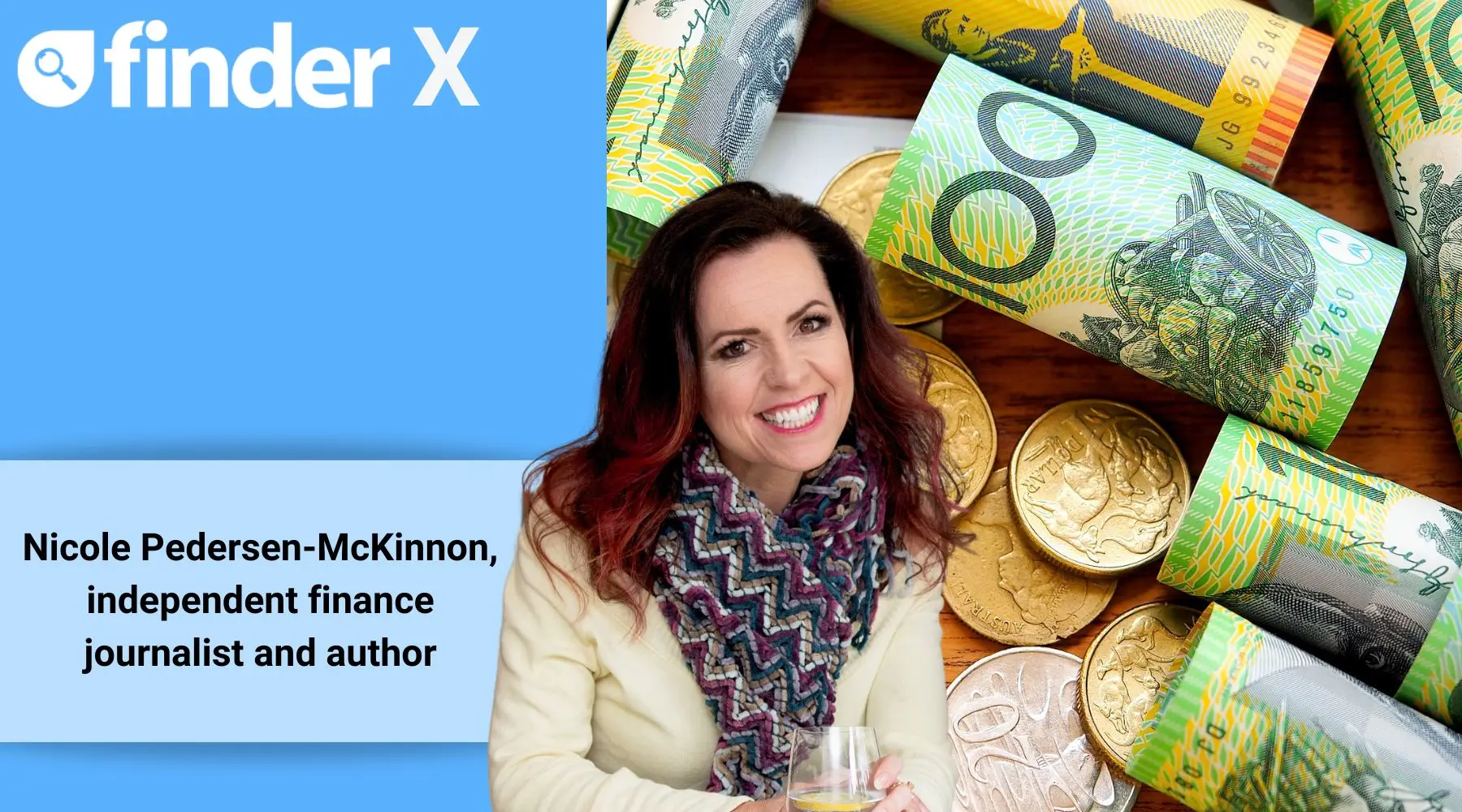The big change to your finances that you know little about

The Consumer Data Right can have a huge impact on our finances – and it should be for the better.
Remember a few years ago when Australia changed to a US-style credit score system? You probably don't… but if you have applied for a loan lately, you'll sure know about it.
It was a seismic shift that meant your every money move was captured and reflected in a warts-and-all snapshot of your money self. And any company with which you want to make a financial deal can see it.
Like a lender. Or a credit card provider. Or a telco.
This is why you need to always check your credit score first.
Well, the (not) sexily called Consumer Data Right regime will have an equally earth-shattering effect.
It can also be thought of as "open banking".
And this change – if you play it right – should be for the better.
What is the Consumer Data Right?
In the works for many years now, the Consumer Data Right relates to the fundamentally sound concept of giving you ultimate say over who – or what institution – sees your life in money.
And I mean all of it.
It puts you in the driver's seat of your data, including banking, energy and telco.
That data is richer and more representative than what is depicted in your credit score too.
And yes, that means it is you who signs up. No one accesses anything unless you say so.
But more on that in a mo'.
How does the it work?
Finder research shows just 5% of Australians know that the Consumer Data Right rules allow them to share their banking data with accredited third parties.
A staggering 80% of Australians have never heard of the Consumer Data Right or don't know what it is.
That's a concern. Because if know what you are doing, you stand to benefit big time.
But it's all pretty fresh and the finer points are still being worked out.
Indeed, the outcome of a Treasury consultation to determine whether non-bank lenders will be included is pending.
It's a big question, as it would most likely bring buy now pay later (BNPL) players into the regime at some point.
I will get back to that shortly too.
So, what does open banking mean for you?
More control over your financial data is a really good thing. And it should fuel an overdue revolution in financial services.
It's already done that in the United Kingdom and the United States.
It also makes it possible to use your own data to obtain personalised recommendations from budgeting and comparison tools.
This means it will soon become quicker and easier to flick a poor product in favour of a market-leading one, saving you a remarkable amount of money.
Remember, you need to opt into our Aussie system… there are to date 114 providers that can share data through the regime. With each, you will be explicitly asked for your consent beforehand.
So, what would it mean for you if buy now pay later becomes eligible to share?
Open banking might make BNPL more sustainable
If you find buy now pay later services handy to help you budget, eking a payment out over potentially 8 weeks, then it could soon be easier to do more.
The trouble such services have at the moment is they slip through the regulatory cracks in the credit code.
This is because they charge no interest rates. Signing up, via apps, is also fast and efficient.
But these 2 factors mean they are criticised due to concerns they may accept people who can't handle it. In other words, those who can't afford it.
That objection could be neatly overcome if BNPL was folded into the open banking regime.
The evidence that a customer can handle it would be there.
Being able to prove they were "lending" responsibly would increase customer safety, plus the sustainability of the sector.
Transparency could also stop debt-stretched users from getting themselves into further financial trouble with more credit.
Don't forget that if you are knocked back for a credit application, it will drive down your credit score, which will make it even less likely you will be approved next time.
Finder research shows almost half of all Australians don't know their credit score... are you one of them?But looking at the big picture…
The open banking bottom line
Open banking and the ease of ditching and switching products that it brings should increase competition between the major outfits and smaller institutions.
And that for you means everything from your telco costs to your loan interest rates could soon fall.
Nicole Pedersen-McKinnon is the author of How to Get Mortgage-Free Like Me, available at www.nicolessmartmoney.com. She was formerly an editor with The Australian Financial Review and the UK's Financial Times Business and is a long-time money columnist, television finance commentator, financial literacy educator and women's campaigner. You can follow Nicole on Facebook, Twitter and Instagram.
Disclaimer: The views and opinions expressed in this article (which may be subject to change without notice) are solely those of the author and do not necessarily reflect those of Finder and its employees. The information contained in this article is not intended to be and does not constitute financial advice, investment advice, trading advice or any other advice or recommendation of any sort. Neither the author nor Finder has taken into account your personal circumstances. You should seek professional advice before making any further decisions based on this information.
Images: Supplied (Nicole Pedersen-McKinnon), Getty Images
Ask a question
